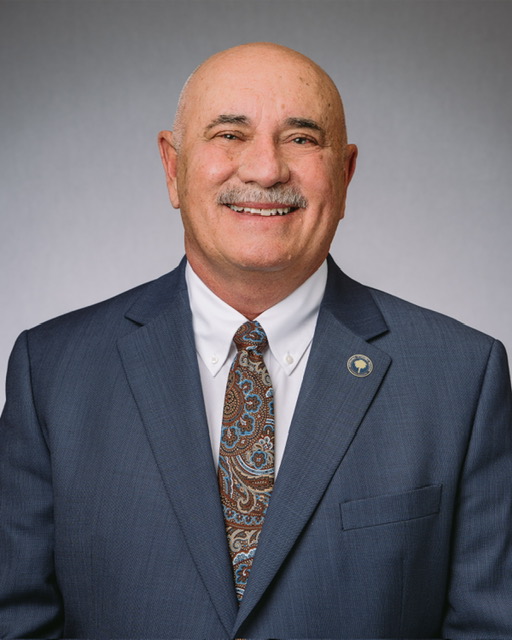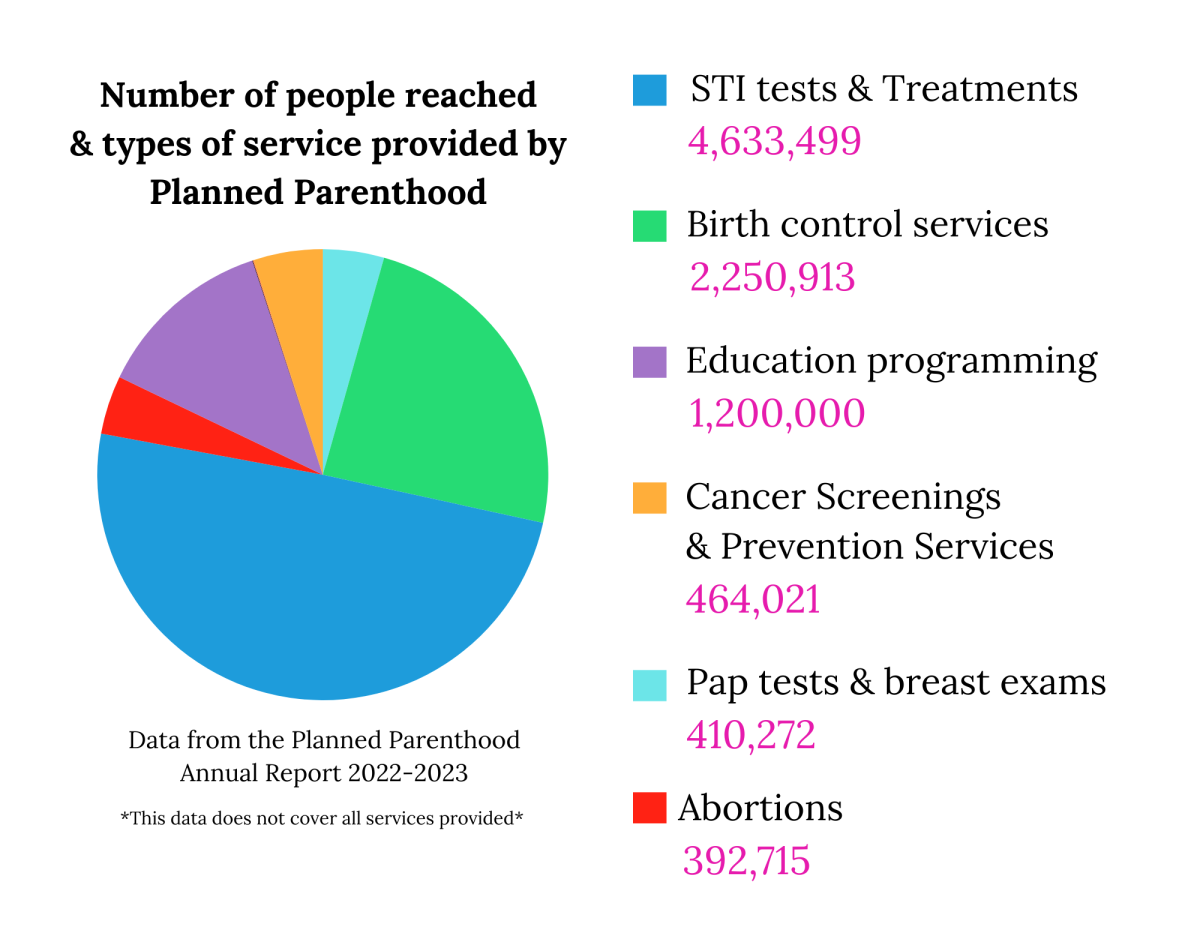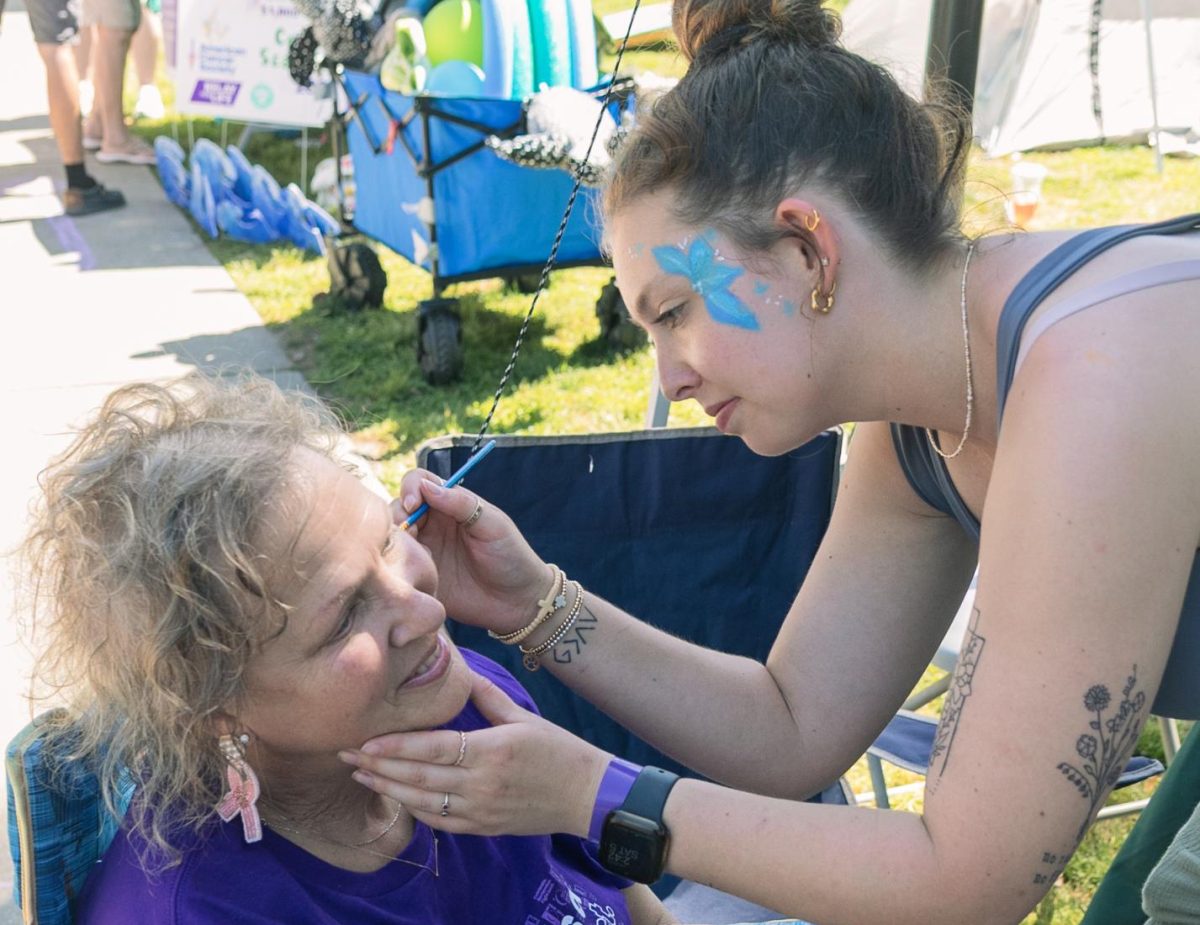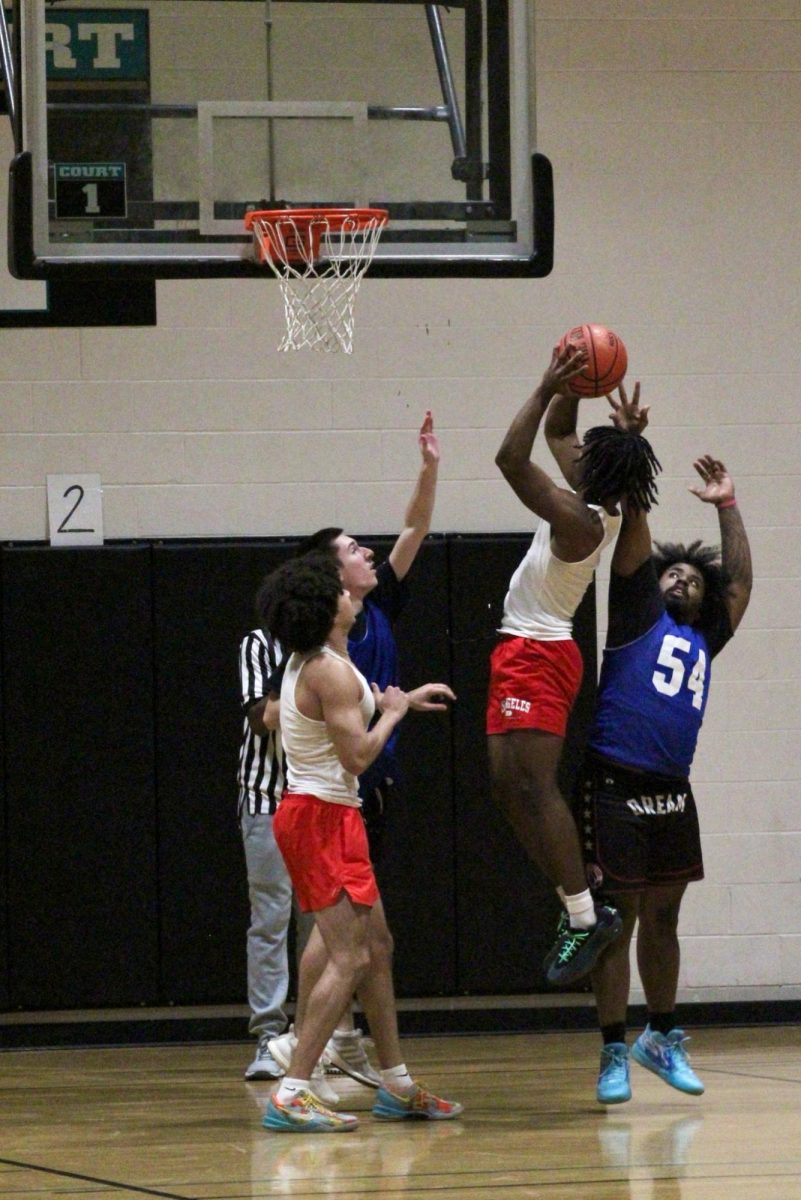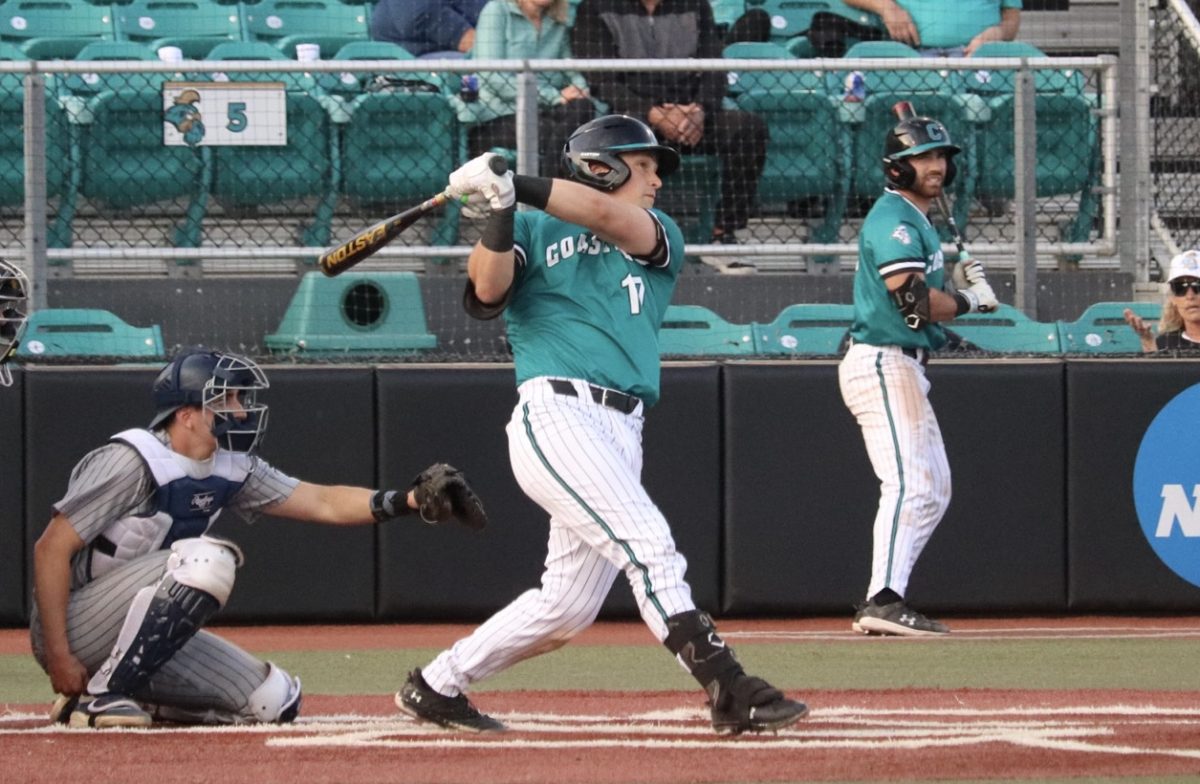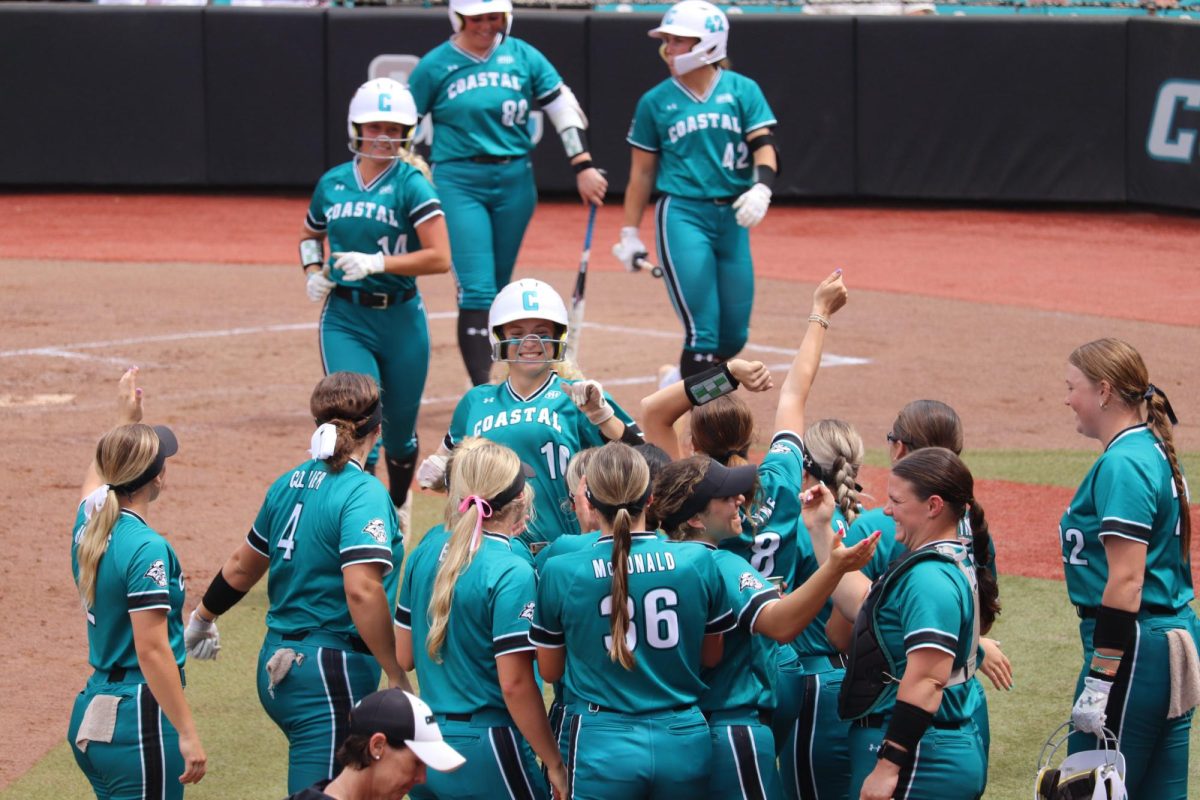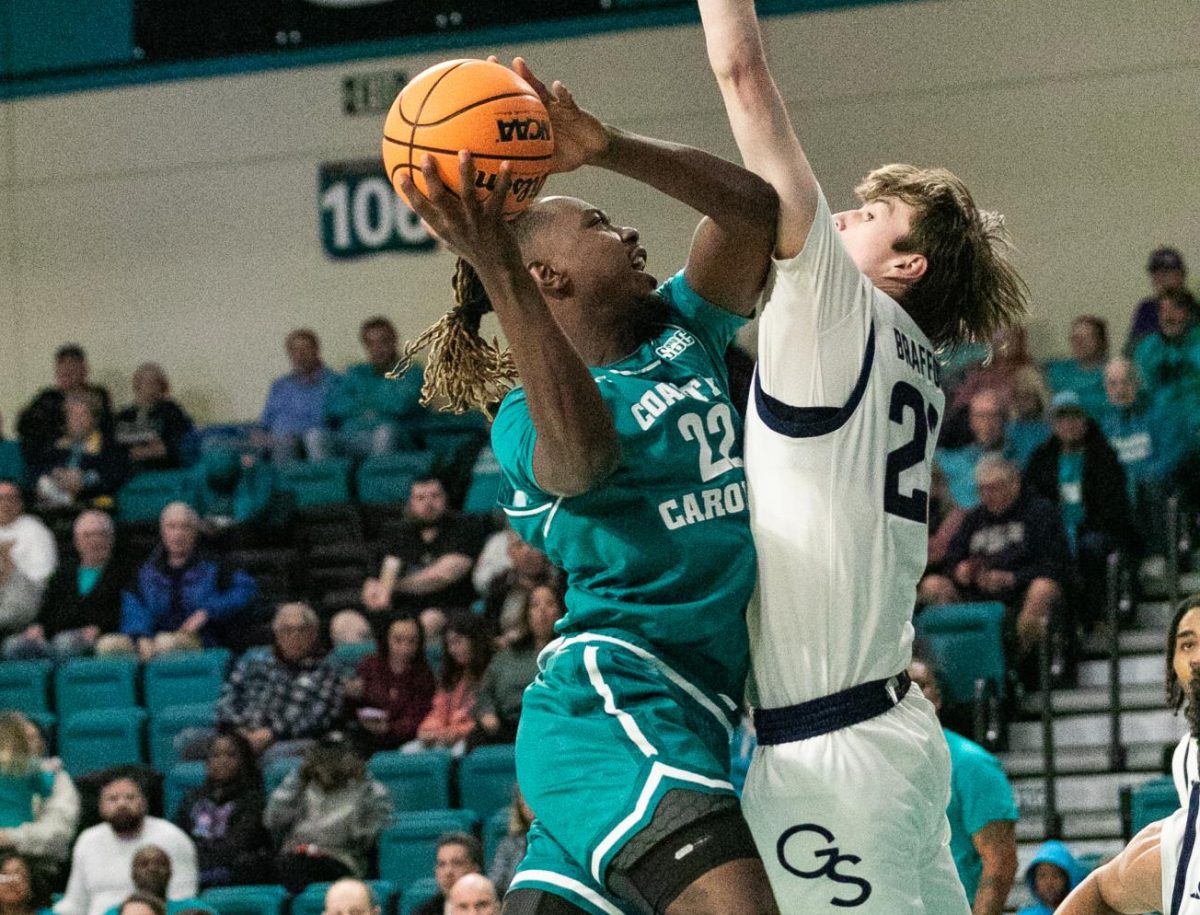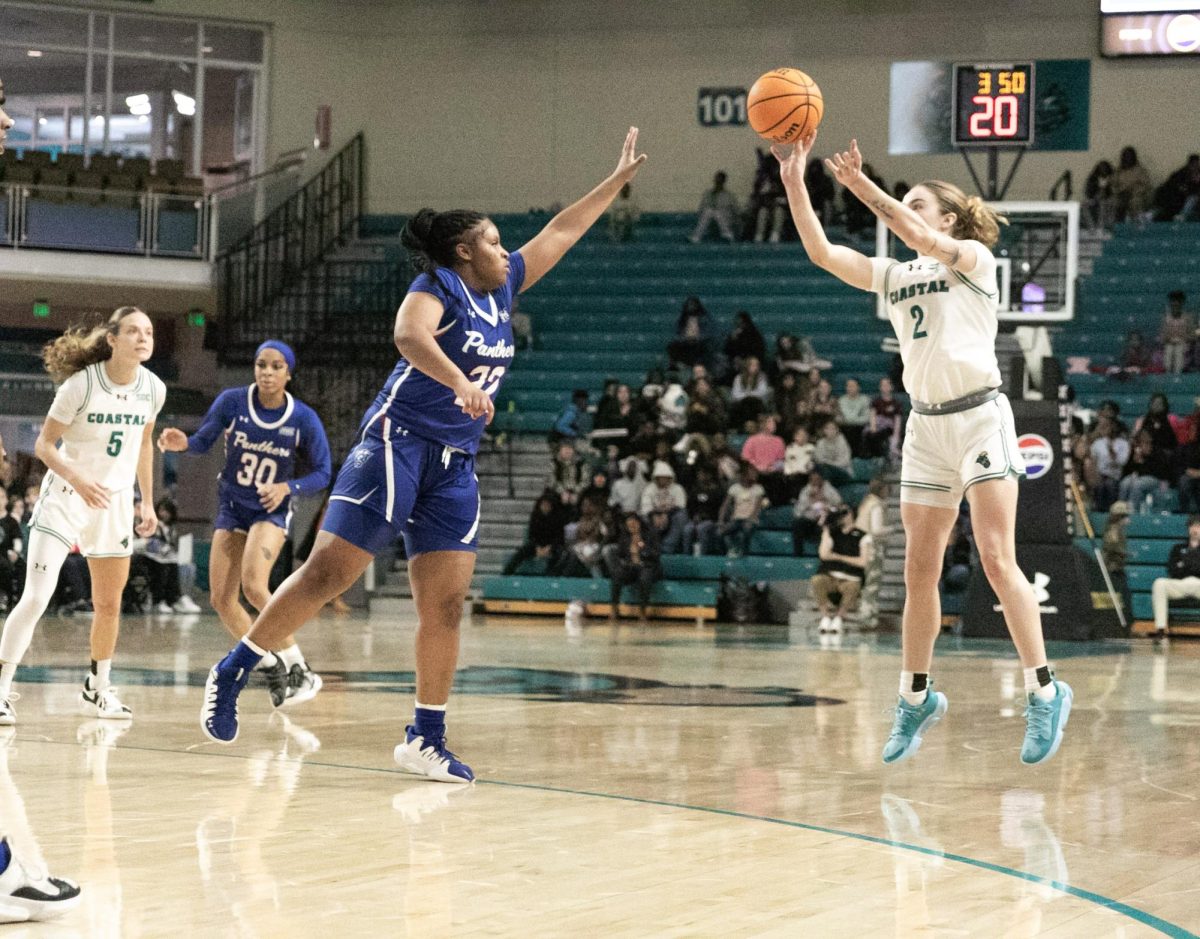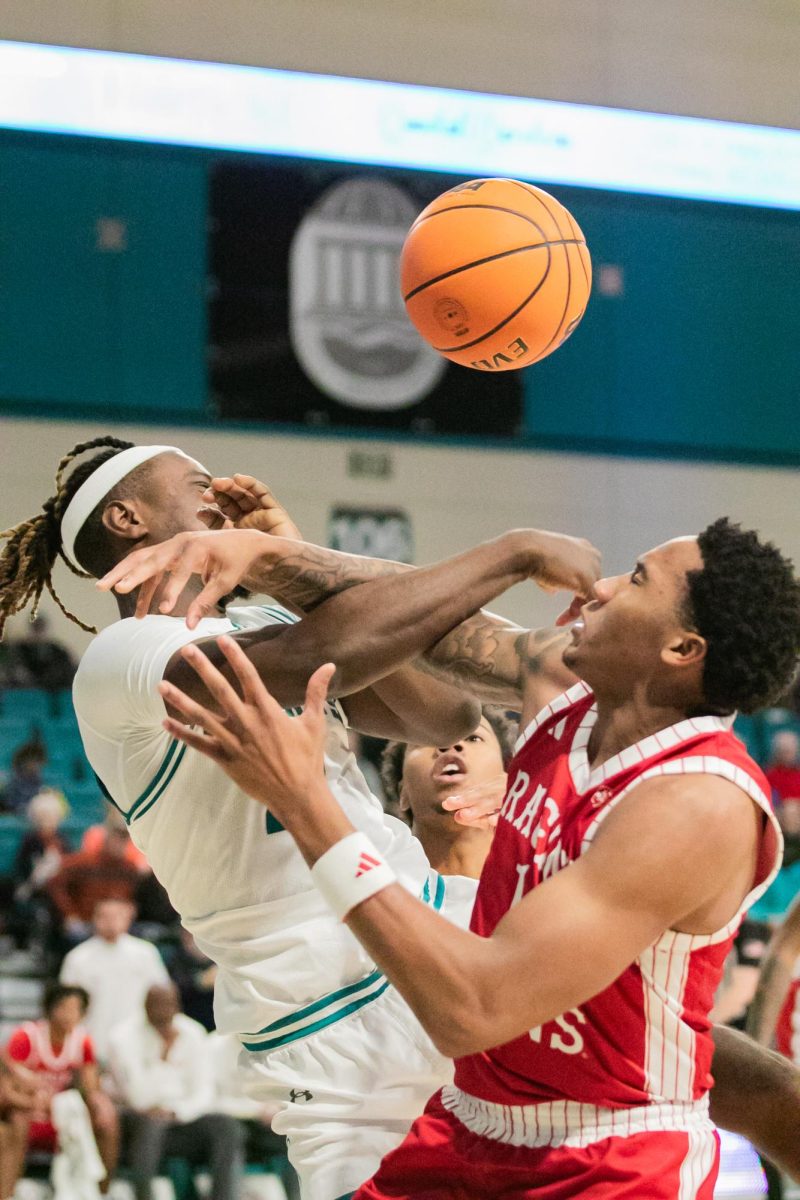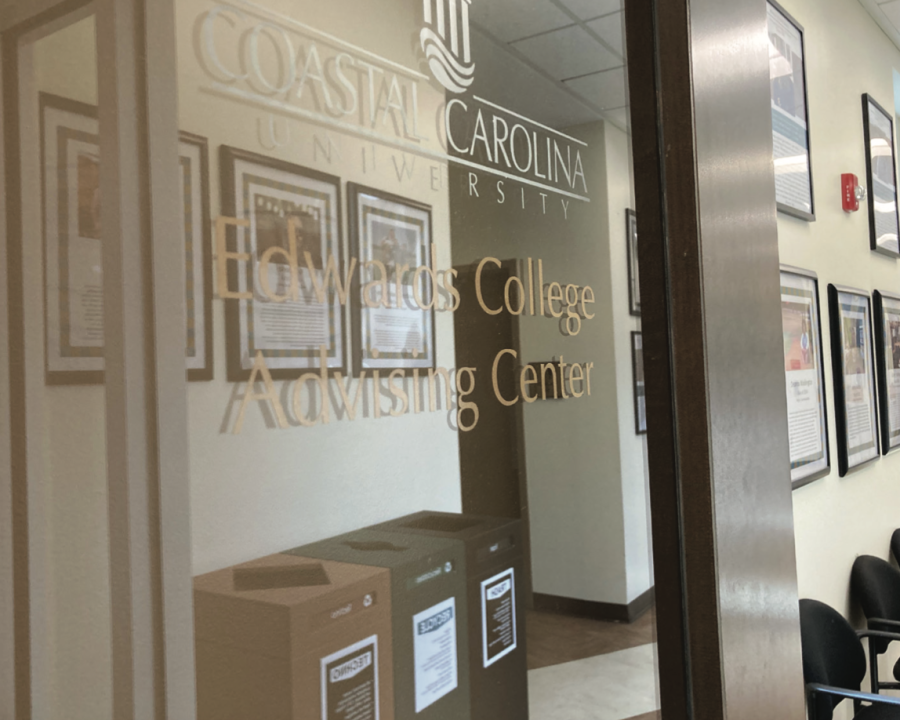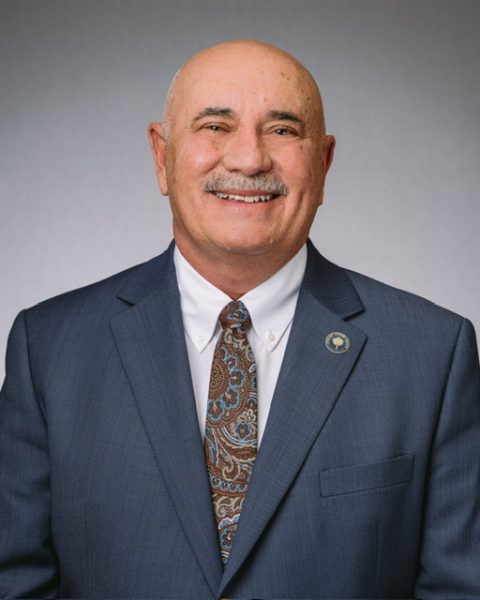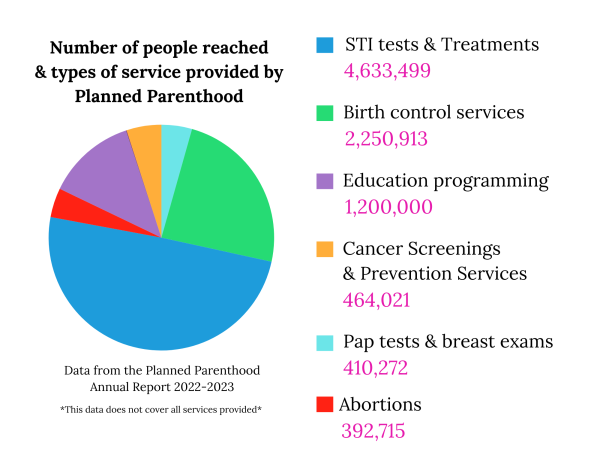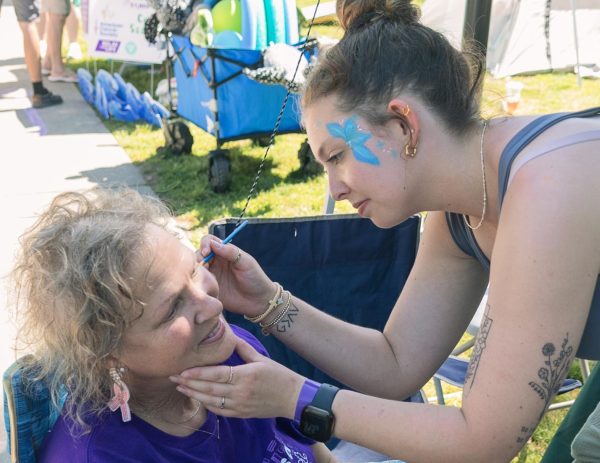Surplus in students, limited advising resources: Inside look at the advising shift and how it impacts CCU as a whole
Edwards College Advising Center is open 8:30 a.m. to 5 p.m. Monday through Friday.
The Edwards College faculty has shifted to advising for juniors and seniors, which exposes the need for resources and larger plans for the college.
According to Frankie Weeks, the senior director of university advising, the switch to faculty advisors for Edwards happened just this past month. Weeks said conversations around this switch started long ago with the main goal of staying consistent in advising across campus.
“Edwards was the only college advising juniors and seniors for the most part,” Weeks said. “So Edwards college was the only college that was different.”
Provost of CCU, Dan Ennis, said CCU’s data showed each college was growing at different rates. He said some advisers had up to 300 advisees while others had only 150. This, in addition to the largest freshman class of 2,700, pushed for changes in how resources are distributed, said Ennis.
“Part of the conversation is shifting advisees around so that every adviser has roughly the same load,” Ennis said. “So the aim isn’t really to do anything particular with Edwards, it’s part of a larger project so that all students have the same chance to have an adviser.”
Weeks spoke about the limited resources since many advisers end up leaving the position for promotions across campus. She said the support from faculty in this change has been reassuring.
“Knowing that we were going to be somewhat short-staffed and having to move people around while we fill those positions, having that faculty support has been great,” Weeks said. “Like knowing that we can rely on these faculty that are fantastic, that are here for the students, and we can utilize them.”
Claudia Bornholdt, the dean of Edwards, said the decision was made in response to the large incoming class of freshmen.
“The idea was to make sure that all freshmen across the entire university have the same access to the professional advisors in their first two years,” she said.
Ennis said that this is because juniors typically don’t need all of the advising services. The advising demand grows less once a student gets to be an upperclassman, so freshmen require professional advising.
Bornholdt said she believes this to be the perfect opportunity for juniors and seniors impacted by this shift to have one-on-ones with faculty members. Students can discuss research opportunities, internships and “connect with them.”
“So, the big advantage with this model of course is that the students get to work much more closely with the faculty members,” Bornholdt said.
Bornholdt talked about some of the differences between professional advisors and faculty advisors, saying they each have their respective benefits. She said that faculty advisors would be helpful for juniors and seniors when it came to career advancement.
Misti Williams, a senior lecturer and advising coordinator for communication, media, and culture, shared a similar perspective. She said the shift is in line with practices of other universities.
“Many other universities have their faculty advise for the last two years because faculty tend to know more about career opportunities [and] internships in those specific fields,” Williams said. “So our professional advisors are great but they’re trained as generalists, where we can give a little bit more specific guidance.”
However, a student doesn’t have to stick to an assigned faculty adviser, according to Weeks. In addition, a student can reach out and ask the department chair or faculty member to make the switch or ask for a mentorship with a faculty member for some unofficial advising.
Williams also said that another motivating factor was declining retention rates, namely in STEM fields. She said that science departments especially needed more professional advisors who could guide freshmen and sophomores.
“The provost of the university was looking at retention rates across the university as a whole, and because many students, particularly in their first two years, that are in STEM fields,” Williams said. “They tend to need a little extra help because of particularly the math sequence.”
Williams also commented on the short notice of the situation. She said faculty and staff found out the Friday before the semester had started. She has heard the professional advisors only knew a couple of days before that.
Weeks said she had spent a lot of her time and resources in helping train the faculty advisors who had not advised in a while, including videos on the new systems. She said this did not deter the faculty excitement.
Williams said she felt the short notice wasn’t as much of an issue, but rather the abruptness of the change. She would have preferred to be phased into the process, but understanded the provost wanted to start getting help to students immediately.
“It would have been, I think, nice for faculty to have a little bit extra time to learn, especially since we just moved over to the new systems,” Williams said.
She said that the impact is felt differently across different departments. Williams acknowledged how it may make some faculty members struggle, especially if they have a heavy teaching load.
Ana Marie Lavado, a professional adviser in Edwards, said that some of her students were indifferent to the sudden change while some were hurt by it since there has been previous turnover in Edwards advising.
“I was personally sad because I’ve developed relationships with a lot of my junior and seniors over the last year. It is kind of difficult to tell students ‘hey, I’m not your adviser anymore,’” Lavado said.
Leslie Ivey, a senior English major at CCU, said that advising has always been hectic for her, and that this will be her third adviser in the two years she’s attended Coastal. Ivey said she felt this constant change to be unstable considering the advice needed from professional advisors. She said she thought this was a drastic change since some faculty may not have the proper training that a professional advisor would.
Ivey said her concerns were about upperclassmen students who are due to graduate soon and how their careers could stay on track.
Junior Emma Yacavone, majoring in communications, said she had a similar experience with advising. Yacavone said that she had an adviser at first that she liked a lot and then that advisor left, causing a series of switches in advising up until recently. She said she didn’t like the switch, but understands the need to redirect advisers to freshmen.
“I’m glad that other freshman outside the freshman college will be able to have that great experience that I did my freshman year,” she said.
Yacavone expressed how she would have liked more time to prepare for yet another switch in advising. She said if she knew she was going to switch, she would have reached out to other advisers to ask more questions.
“I am definitely more nervous for registration,” she said.
Ennis said the university is excited for the future in advising. He said universities with high levels of retention and graduation rates are utilizing services that are being put in place now, such as Self-Service and centralized advising. Ennis said he believed that some of the things CCU has is really cutting edge while still putting work toward goals.
